Weed in the Bahamas: Cannabis Legal Status Guide
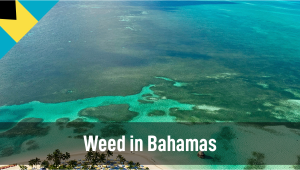
- 1. Weed is illegal in the bahamas under the dangerous drug act
- 2. Marijuana possession offenses and penalties in the bahamas
- 2. a. Possession with intent to supply
- 2. b. Intent to supply cannabis to minors
- 2. c. Why is cannabis policy in the bahamas so draconian?
- 3. Cannabis reform tentatively considered
- 3. a. Prospects of medical marijuna legalization
- 3. b. Recreational legalization or decriminalization prospects
- 4. Final thoughts
If you’re a cannabis smoker or medical marijuana patient and plan a trip to the Bahamas, we recommend giving yourself a tolerance break for the duration of your stay. The cannabis laws in the Bahamas are very strict, and the penalties are very severe, while possessing marijuana is illegal in any quantity and for any purpose. Even a few milliliters of CBD oil that you take for anxiety can land you in prison for a long time or ruin your finances with an outrageous fine.
Weed is Illegal in the Bahamas under the Dangerous Drug Act
As the Western world started to get exposed to the recreational use of such exotic substances as opium and cannabis, a wave of criminalization began, starting in the United States around the turn of the XX century and quickly spreading elsewhere. It came to the Bahamas in 1929 with the passage of the Dangerous Drug Act, which included, among other things, cannabis.
The law was further amended in 1962, defining cannabis as both the plant of the Cannabis Sativa species and every possible product derived from it, including resin, individual chemicals, and any preparation made from them.
This includes not only such usual suspects as live cannabis plants basking under a LED in a grow tent, buds harvested from them, or the mind-altering THC (those are outlawed in most of the world, so no surprises here), but also CBD, Delta 8, Delta 10, or in fact, any other cannabinoid. It doesn’t even matter whether those compounds were produced from the psychoactive cannabis or from the innocuous hemp, as hemp is illegal in the Bahamas as well.
Marijuana Possession Offenses and Penalties in the Bahamas
The cannabis laws in the Bahamas are totally “color blind” as to the amount of cannabis that was found in your possession, the reasons for its use, or the exact nature of the product you’re possessing – the article of the criminal code that determines the punishment for you remains exactly the same.
Depending on how the case is tried – in a simpler and quicker procedure (summary conviction) or in a regular trial with judge and jury (conviction on information), the offender faces a fine of $50,000-125,000, a prison sentence of 5-10 years, or both. Obviously, the conviction-on-information route is reserved for serious offenses – those involving something more than a joint’s worth of weed. However, even a $50,000 fine or a 5-year-long incarceration are enough of a threat to stay away from cannabis while in the Bahamas.
As is the case with possession charges almost anywhere in the world, the presumption of innocence goes out the window in the Bahamas. If weed was found in your boat, car, house, or any other property, it’s up to you to produce proof that it was placed there without your knowledge. In the absence of such a proof, the contraband is considered to belong to you.
It should be also noted that any property involved in the committing of a marijuana offense, be it a simple possession charge or any other one described below, will be confiscated.
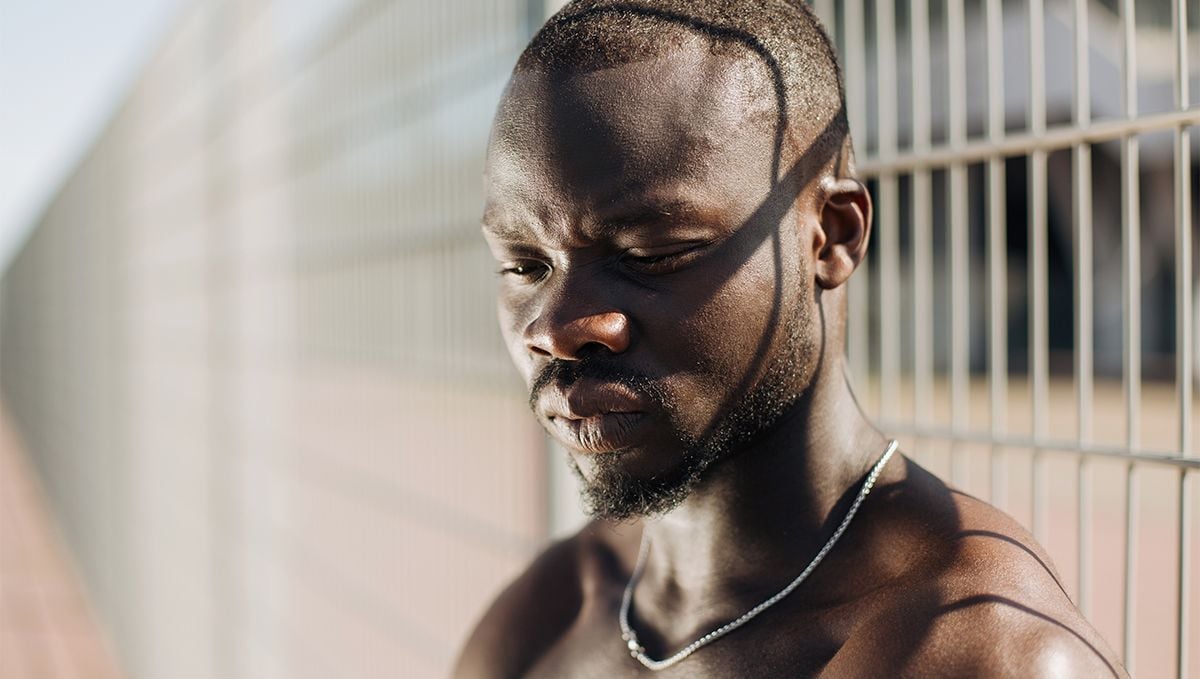
Possession with Intent to Supply
While it matters little how much cannabis was found in your possession and of what type, it does matter how this amount was distributed. If it all was in one bag, you may get away with simple possession charges. However, if you were caught with even two bags, the police will suspect it was meant for selling, and this is the case where suspicion equals proof.
The possession-with-intent-to-supply charges lead to even more severe penalties than those described above – a fine of $250,000-500,000, a prison sentence of 5-30 years, or both.
Intent to Supply Cannabis to Minors
This is where the Dangerous Drug Act really goes over the top, threatening those who sell (or even intend to sell) marijuana to children or young persons with a fine of $500,000-750,000, a prison sentence of 5-40 years, or both.
The only way out of this practically end-of-life experience is when it's another child selling weed to a child or another young person selling it to a young person. In this case, the offender will get away with a “mere” 5 years in an industrial school or detention. According to the law, a child is someone under 14 and a young person is someone between 14 and 18.
Why is Cannabis Policy in the Bahamas so Draconian?
The reason the 1962 amendment to the law came up with such an over-the-top sentencing policy is that the War on Drugs was in full swing and people in the law enforcement still believed that drug use can be deterred with harsh sentencing. At the time, the Bahamas were an important hub for marijuana on its way from Jamaica to the United States.
Now that the policymakers across the globe are warming up to the fact that the War on Drugs failed to achieve any of its stated goals, there’s a chance that the Bahamas will adopt a more pragmatic approach to the issue.
Cannabis Reform Tentatively Considered
As cultural perceptions of marijuana change and more and more countries adopt a less prohibitive policy, the Bahamas and other Caribbean nations start to debate the issue, and it’s not improbable that the legal status of cannabis in the Bahamas will change in the coming years.
Prospects of Medical Marijuna Legalization
In 2014, the heads of governments of Caribbean countries (CARICOM) decided to create a commission, whose task was to research possible ways of changing cannabis policy in the region, so that it stroke a balance between the wishes of different political parties, communities, and other stakeholders, didn’t infringe upon the existing international treaties on cannabis, and presented a unified approach to the issue of marijuana throughout the region.
While creating this commission, the leaders of CARICOM countries recognized the fact that local peoples highly valued the medical benefits of marijuana for years and that recent discoveries confirmed these claims were scientifically sound.
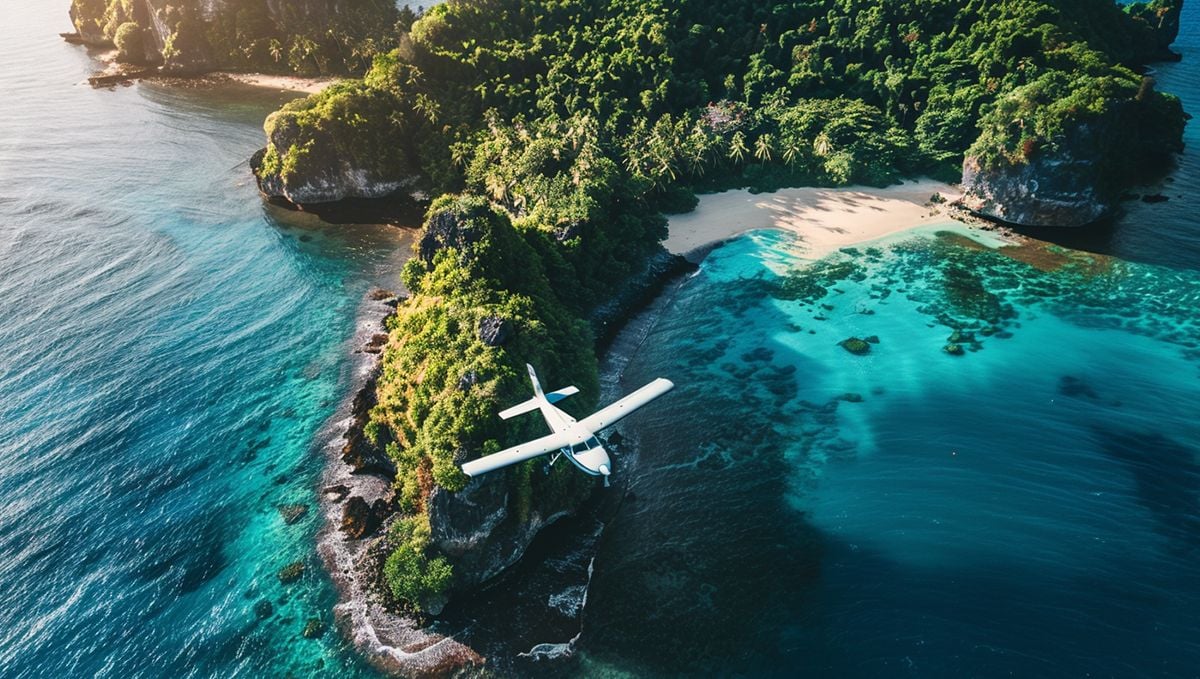
In 2018, the commission published a report, in which it bluntly stated that the prohibition of cannabis was unscientific and arbitrary and had clear racist overtones. It described some claims about the perceived marijuana risks, such as its association with schizophrenia or the gateway-drug theory, as false. It also opined that the real risks of smoking cannabis, e.g. for the respiratory system or for developing young brains, were often outweighed by its confirmed health benefits in other respects.
In 2020, the Medical Association of the Bahamas jumped on the bandwagon of the reform to voice its support for creating a regulated medical marijuana system.
In 2022, the Progressive Liberal Party made medical marijuana a part of their program, and even the Minister of Agriculture said he was supporting the change. The National Commission on Marijuana, created in 2018, recommends that the substance be excluded from the list of dangerous narcotics and reclassified as a controlled substance instead. They recommended that patients whose conditions could benefit from medical marijuana use should be able to access it the same way as other controlled pharmaceuticals and also to grow cannabis plants at home.
Recreational Legalization or Decriminalization Prospects
The report commissioned by CARICOM that we mentioned earlier in the context of medical marijuana legalization opined that it would be counterproductive to allow medical use but keep recreational use criminalized. Instead, the authors proposed create a legal framework that would allow CARICOM countries to:
- legalize marijuana the same way as alcohol and create a robust regulatory system to discourage use and prevent minors from accessing the substance, or
- decriminalize it as the first step to a more liberal policy in the future.
So far, the only progress in this direction in the Bahamas was the creation of another commission – The Bahamas National Commission on Marijuana – which has been tasked with studying the issue and presenting its recommendations to the government.
Final Thoughts
Cannabis laws in the Bahamas remain harsh and unforgiving, making it crucial for visitors to abstain from any use or possession of marijuana. Despite a global shift towards more lenient cannabis policies, the Bahamas maintains strict penalties that can severely impact one's life. However, with ongoing debates and the formation of commissions to study potential reforms, there is hope that the Bahamas might eventually adopt a more progressive stance. Until then, it's best to steer clear of cannabis during your stay. Be safe!
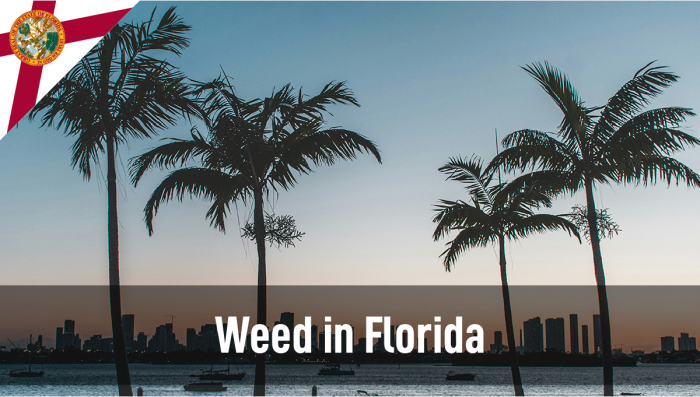







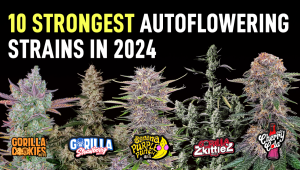

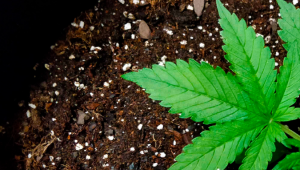
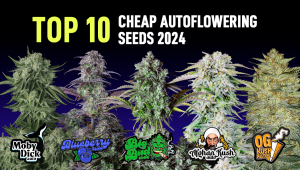
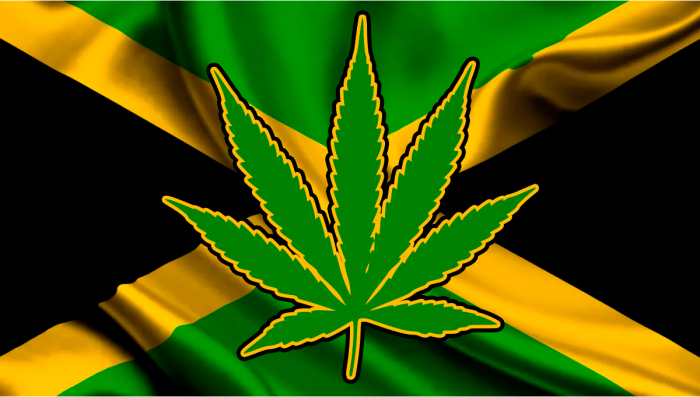

Comments